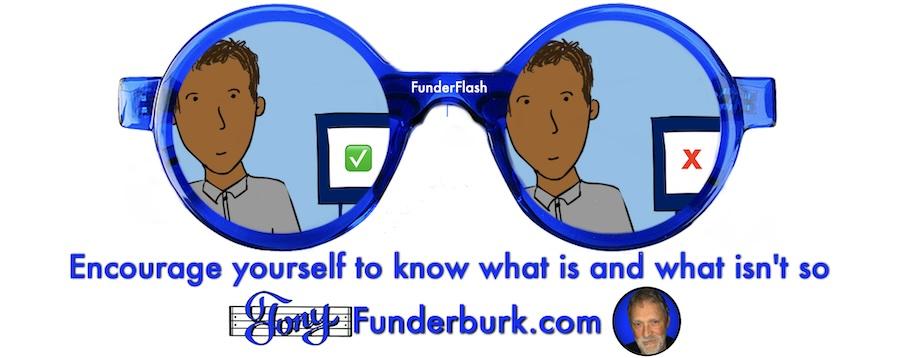I’ll say it right up front. I’m for it. I believe it’s good to encourage yourself. Just as it’s good to encourage others. So, don’t misinterpret what I say about the following “psychological” advice.
Because it’s easy to encourage yourself into selfishness.
Here’s a definition of selfish, right out of (gasp!) a dictionary: lacking consideration for others; concerned chiefly with one’s own personal profit or pleasure
OK, before I share what’s on my mind about it, here’s a snippet from a psychology website article. The writer presents three ways to show “self-compassion:
1. Mindfulness: Having an open, curious, non-judging attitude; not over-identifying with negative stories about the self.
2. Self-kindness: Treating yourself kindly, rather than harshly. Extending the same care and support to yourself that you would to a good friend or loved one.
3. Common humanity: Allowing yourself to be human, to make mistakes and learn from them. Knowing that as humans we are not perfect, nor should we be expected to act flawlessly.
Generally speaking, those aren’t terrible ideas.
After all, even the Bible says to “love your neighbor as yourself.” And if you love yourself, naturally you’re gonna be kind, curious, and let yourself be human. But how would you know if you’re being those things or not being those things if you have a “non-judging attitude?”
Your whole life requires your ability to make the most informed decisions you can make. And decisions, to be clear, are always judgment calls. When you can’t judge something to be good or bad, how can you possibly choose good?
Of course you should allow “yourself to be human.” Because, of course, you’re “not perfect.” But every human should recognize that humans don’t exist as the result of mutational changes. You and I were made in the image and likeness of God. And His perfect word provides wisdom for good judgment.
The writer of that article followed up the three points with this conclusion:
In my clinical practice, I teach self-compassion to all of my clients, and I am always impressed by how much it can transform their relationship with themselves and promote healthier ways of living. Self-compassion is much more effective in changing behavior than trying to motivate yourself with shame and self-criticism. Shame and self-criticism lead to inner rebellion and giving up, while self-compassion gives you hope and helps you trust the process of change.
See why I said what I said about self-encouragement?
A psychologist might say “self-compassion gives you hope and helps you trust the process of change.” But it’s a much better judgment call to realize only God can give you hope. So, trust in Him.
And it all seems helpless, hopeless,
In a world that’s full of brokenhearted.
Reckless, faithless,
From the ones still here and the dear departed.
When was all this madness started?
When we began to flee
From responsibility.
(lyrics from my song “Responsibility”)
Maybe you don’t know me well enough to buy something from me, yet. Ok, then get to know more about me and my worldview. Join the growing body of believers who’ve signed up for the FunderFlash Journal. And enjoy my daily flashes of light from the power of God’s love.
Stay tuned…


